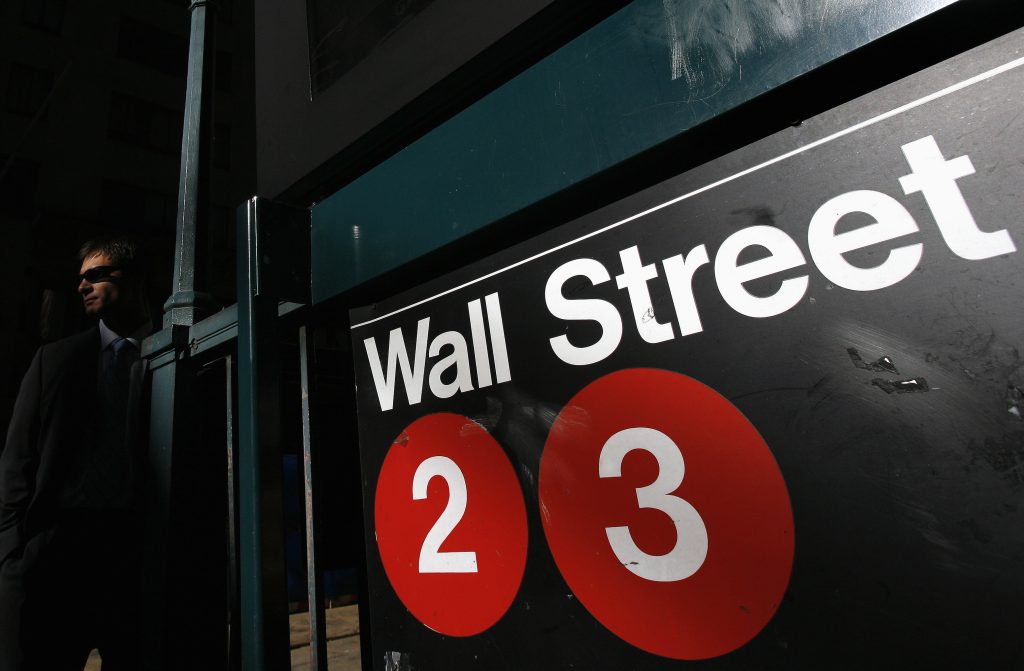Donald Trump’s surprise election win should bring some welcome relief to banks. A Republican Party in control of Congress also usually appeals to financial markets. The president-elect’s erratic positions on other important issues, however, could turn those short-term gains into long-term pain.
U.S. bank stocks rallied early on Wednesday after learning that Trump is set to become the country’s 45th president. As with Britain’s vote in June to leave the European Union, gyrations in government debt and currency markets could mean brisk business for traders of bonds, currencies and commodities.
A commitment to spending on American roads and bridges, reinforced in Trump’s victory speech, also is a good sign for Wall Street. A repeal or significant reform of Dodd-Frank, President Barack Obama’s 2010 law reining in banks after the financial crisis, is more likely, too, and may help the bottom line of financial institutions. The next Treasury secretary, Securities and Exchange Commission chair and head of supervision at the Federal Reserve also could be friendlier to the industry.
Higher interest rates would be an additional benefit, and Trump has supported the idea. A 1 percentage-point increase could add billions of dollars to the top line of the biggest U.S. lenders within a year, and act as yet another fillip to trading desks at the likes of JPMorgan, Goldman Sachs and Bank of America.
Trump’s inconsistency over financial policy and regulation could cancel out those gains, though. Earlier this year he spoke in favor of low rates, for example. If he replaces Fed Chair Janet Yellen, uncertainty would abound.
There’s also ambiguity over his attitude to structural bank changes. Last month Trump called for a modern-day version of Glass-Steagall, the Depression-era act that kept retail and investment banking separate. That implies replacing current regulation with, well, other revenue-sapping regulation.
America’s banks would be better placed than their European peers. Trump’s protectionist leanings imply that foreign banks with big U.S. operations, such as Deutsche Bank and Credit Suisse, may face even more punitive oversight than now, for example.
The prospect of trade wars and a tax policy that could add $5 trillion to the deficit, as one research outfit has estimated, also may spell bad news for the economy. The banking sector would be among the first to suffer. More trading revenue won’t offset all that.
Request a free trial of Breakingviews here.


